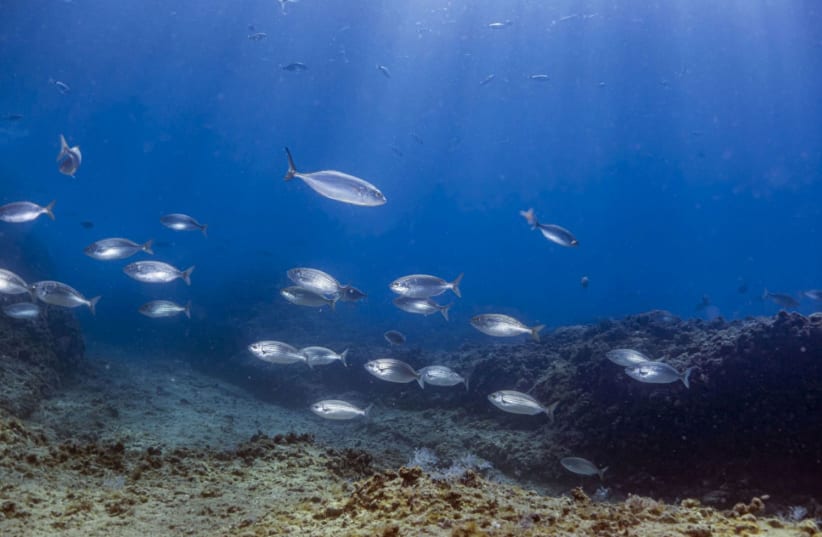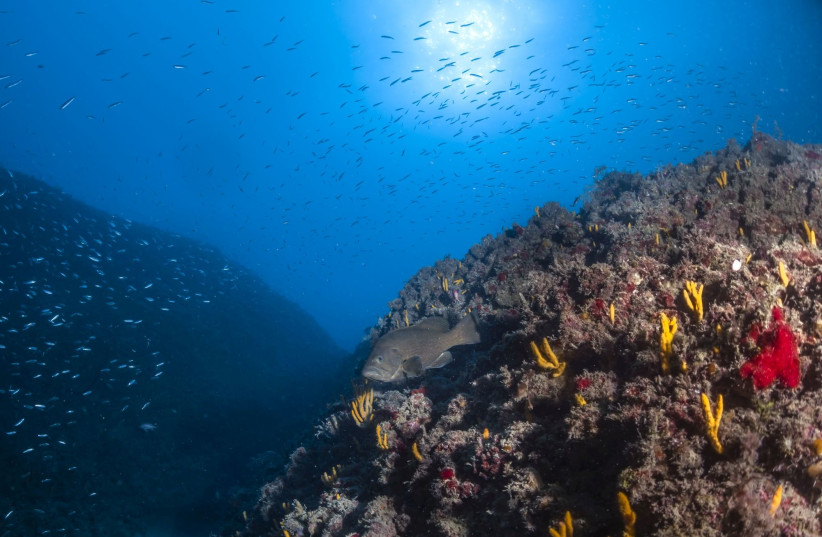Fish stocks worldwide will be unable to repopulate due to climate change and overfishing, according to a study by researchers at the University of British Columbia (UBC) in Vancouver.
The peer-reviewed study was published in the Wiley Online Library journal on Thursday, with the researchers saying that preventing such an outcome would require strong actions to mitigate climate change. The institute collaborated with the Stanford Center for Ocean Solutions and the University of Bern where they concluded that fish stocks were reduced in 103 out of all 226 marine regions that were involved in the study - largely because of the changing climate.
Can the decline in fish stocks be prevented?
Researchers also used computer models to determine the exact climate change levels at which fish stocks could not increase. If nothing is done to combat global warming, fish stocks worldwide would drop to almost a third of their current levels in places where overfishing beyond sustainable targets occurs, according to the study.
The study also recommends lowering the targeted fishing level and keeping global warming below 1.5°C are projected to enable more climate-sensitive ecoregions to rebuild biomass. Biomass references the mass of living organisms from a biochemical perspective, according to its definition on ScienceDirect.
Global warming will have "a catastrophic effect"
“Tropical ecoregions in Asia, the Pacific, South America and Africa are experiencing declining fish populations as species both move further north to cooler waters and are also unable to recover due to fishing demands,” said Dr. Cheung, professor at the Institute for the Oceans and Fisheries.
“These regions are the ones that feel the effects of global warming first and our study shows that even a slight increase of 1.5 degrees Celsius could have a catastrophic effect on tropical nations that are dependent on fisheries for food and nutrition security, revenue, and employment,” he continued.
“Tropical ecoregions in Asia, the Pacific, South America and Africa are experiencing declining fish populations as species both move further north to cooler waters and are also unable to recover due to fishing demands.”
Dr. Cheung, professor at the Institute for the Oceans and Fisheries
Cheung states that fish stocks are severely unlikely to become as strong and widespread as it once was because of climate change and that a "coordinated global effort to develop practical and equitable marine conservation measures to support effective biomass rebuilding under climate change" is needed.
However, researchers stress that there must be a compromise between reconstructing climate-resilient biomass and the demand for seafood to support coastal communities.
The Environment and Climate Change portal is produced in cooperation with the Goldman Sonnenfeldt School of Sustainability and Climate Change at Ben-Gurion University of the Negev. The Jerusalem Post maintains all editorial decisions related to the content.

